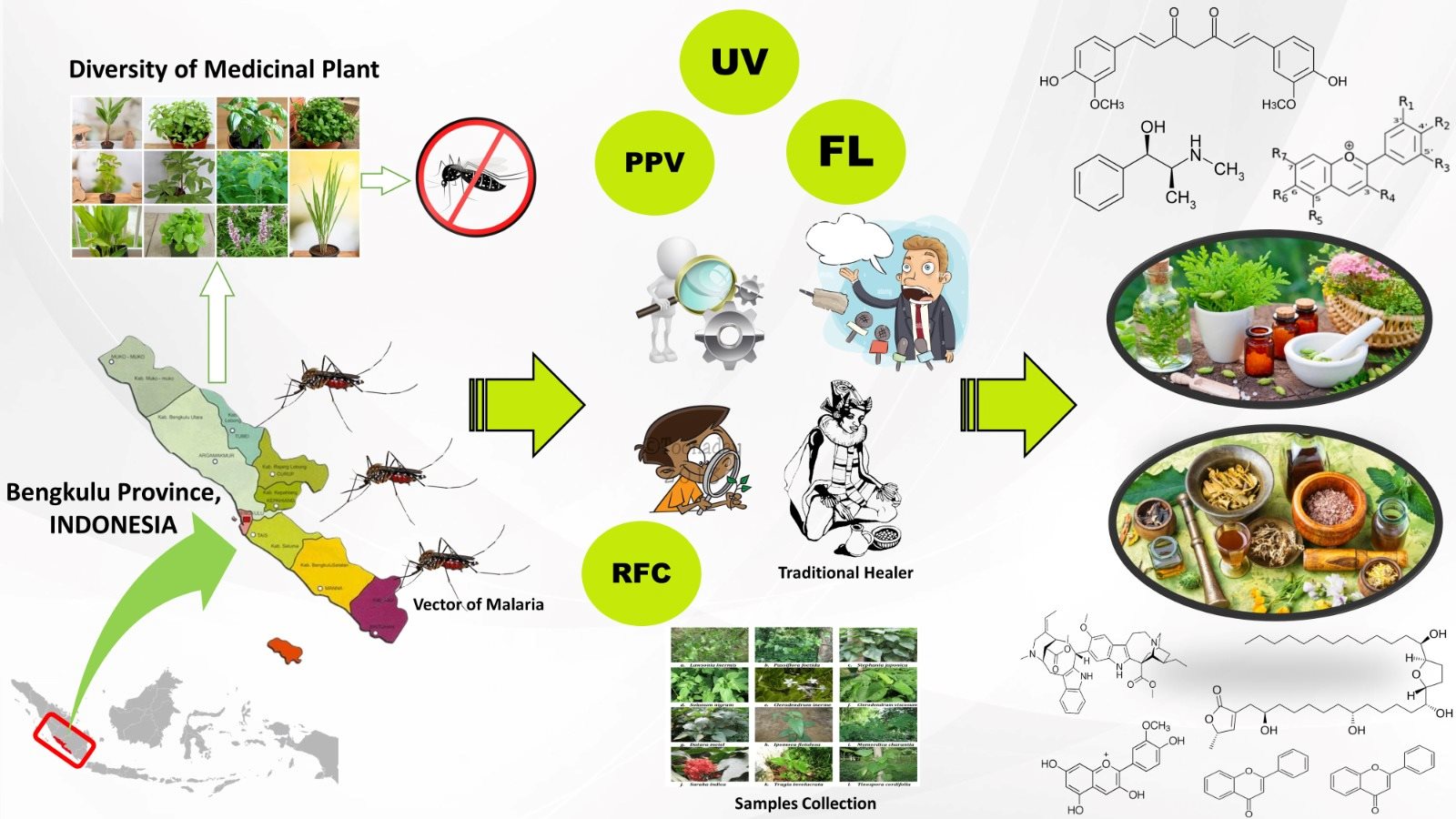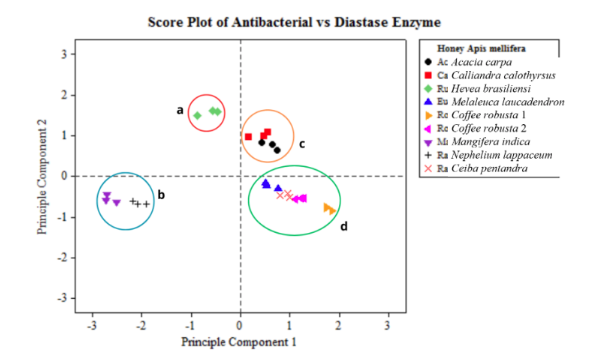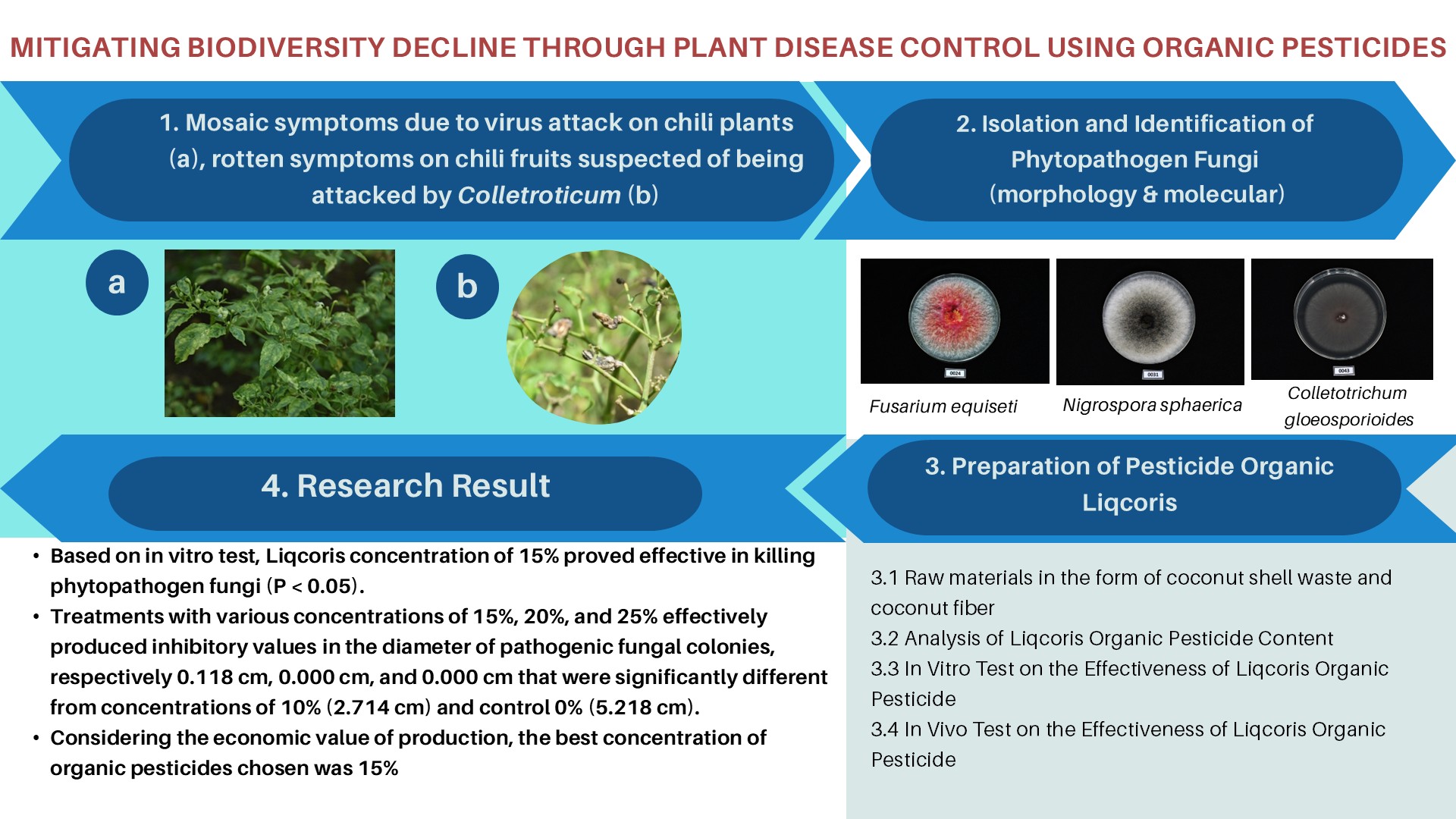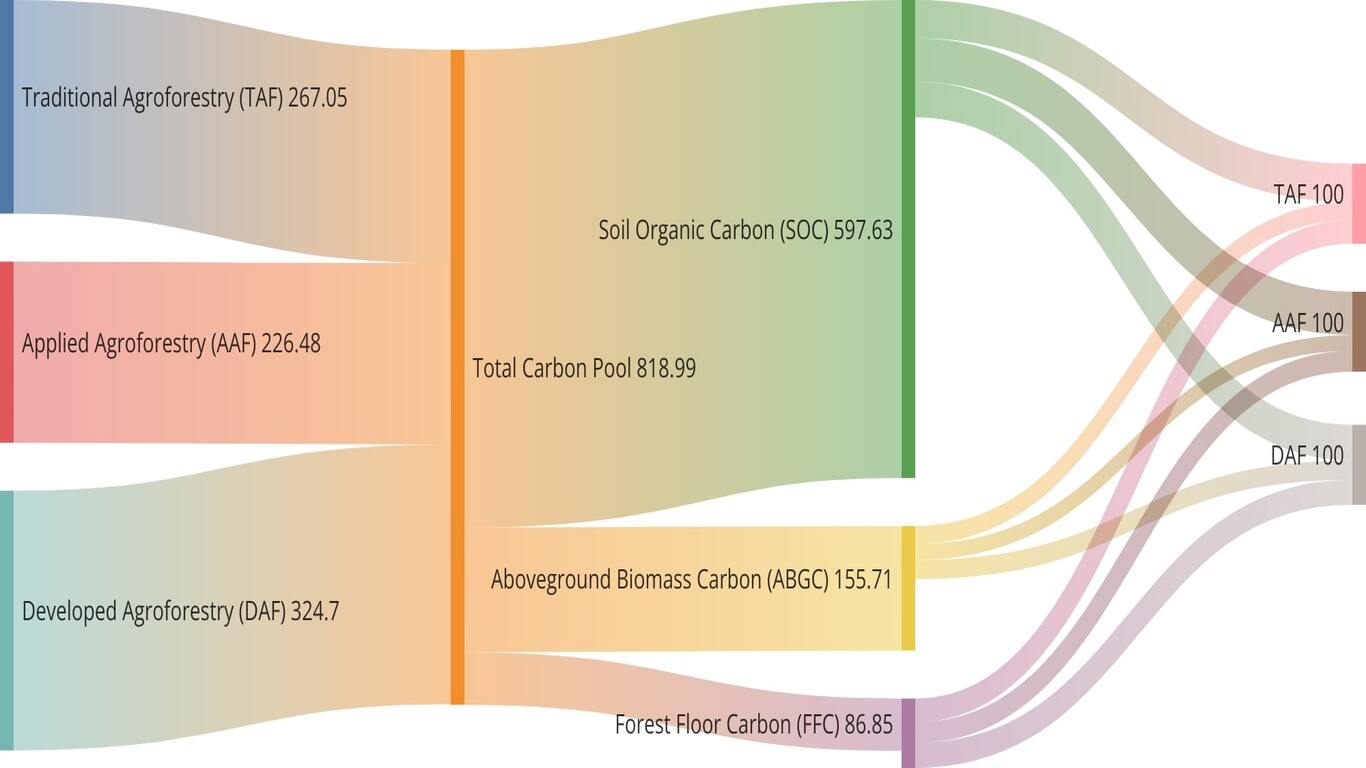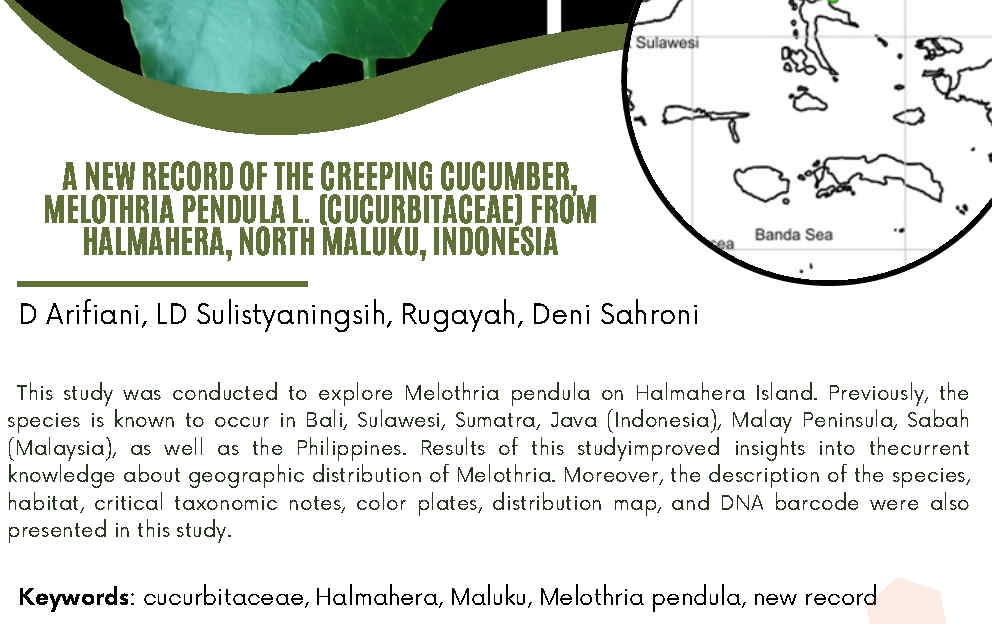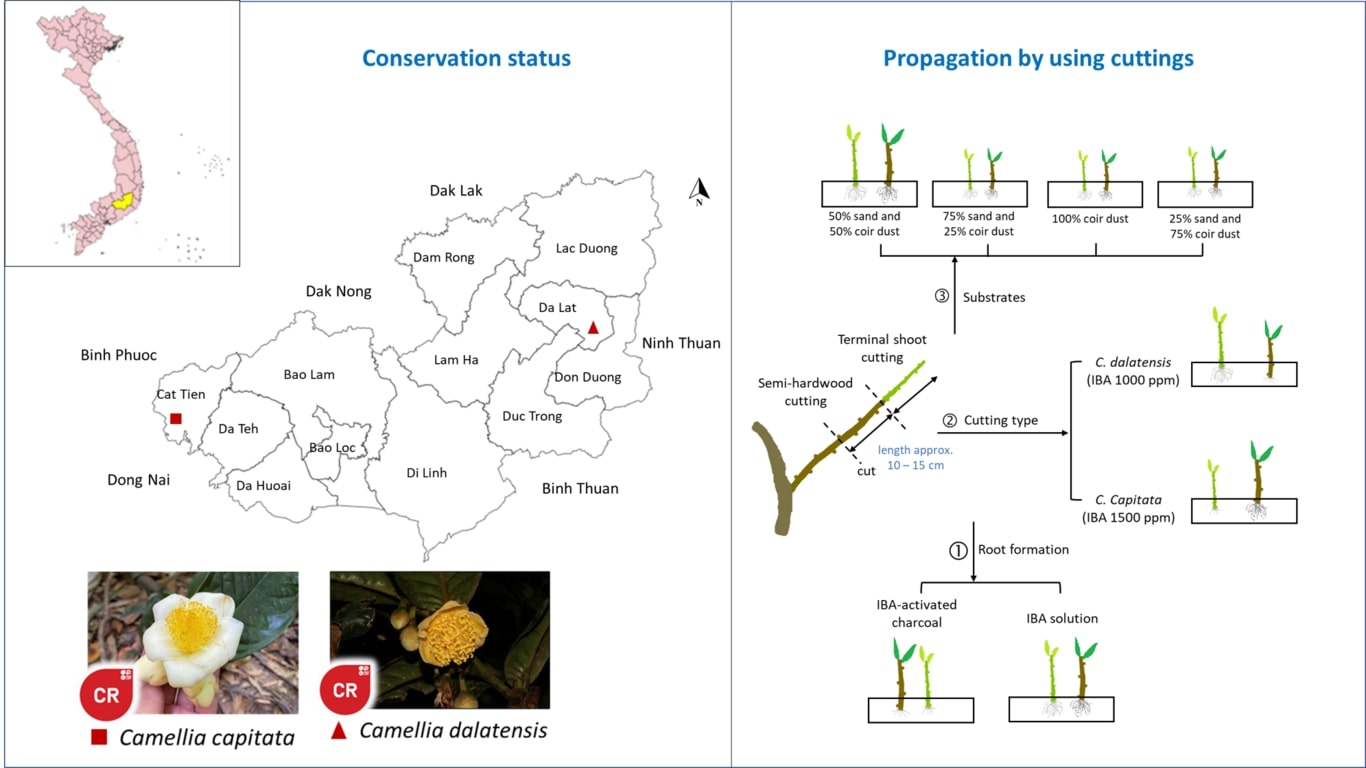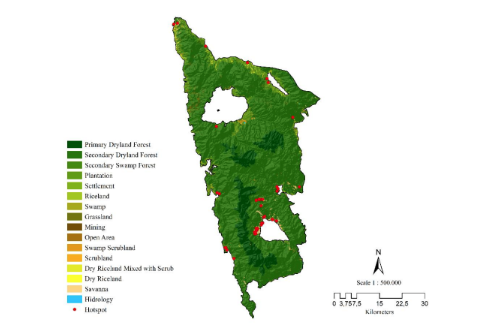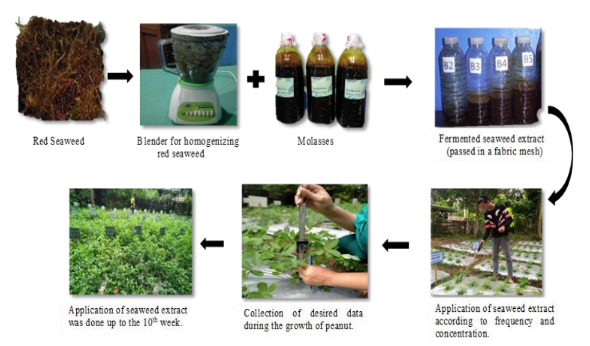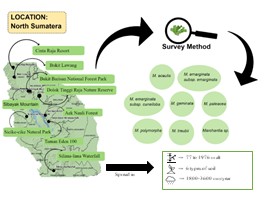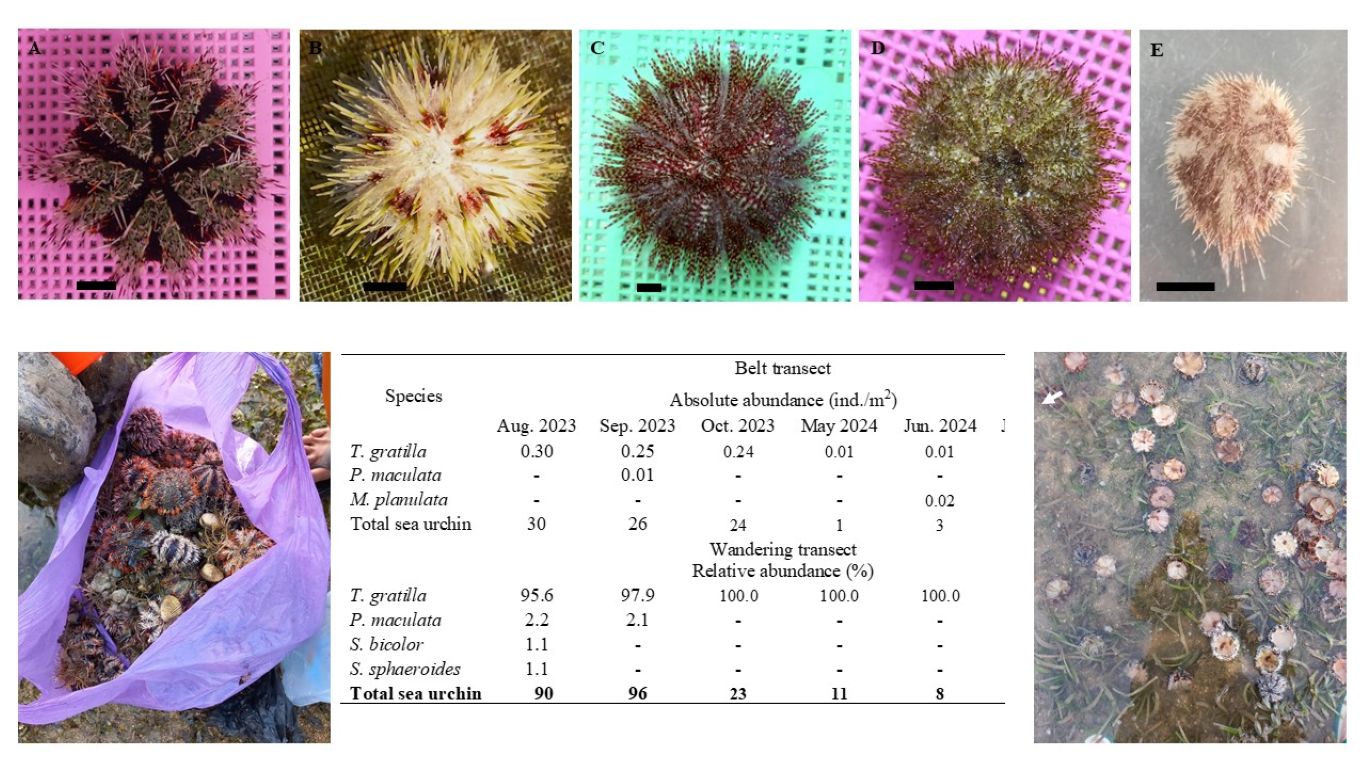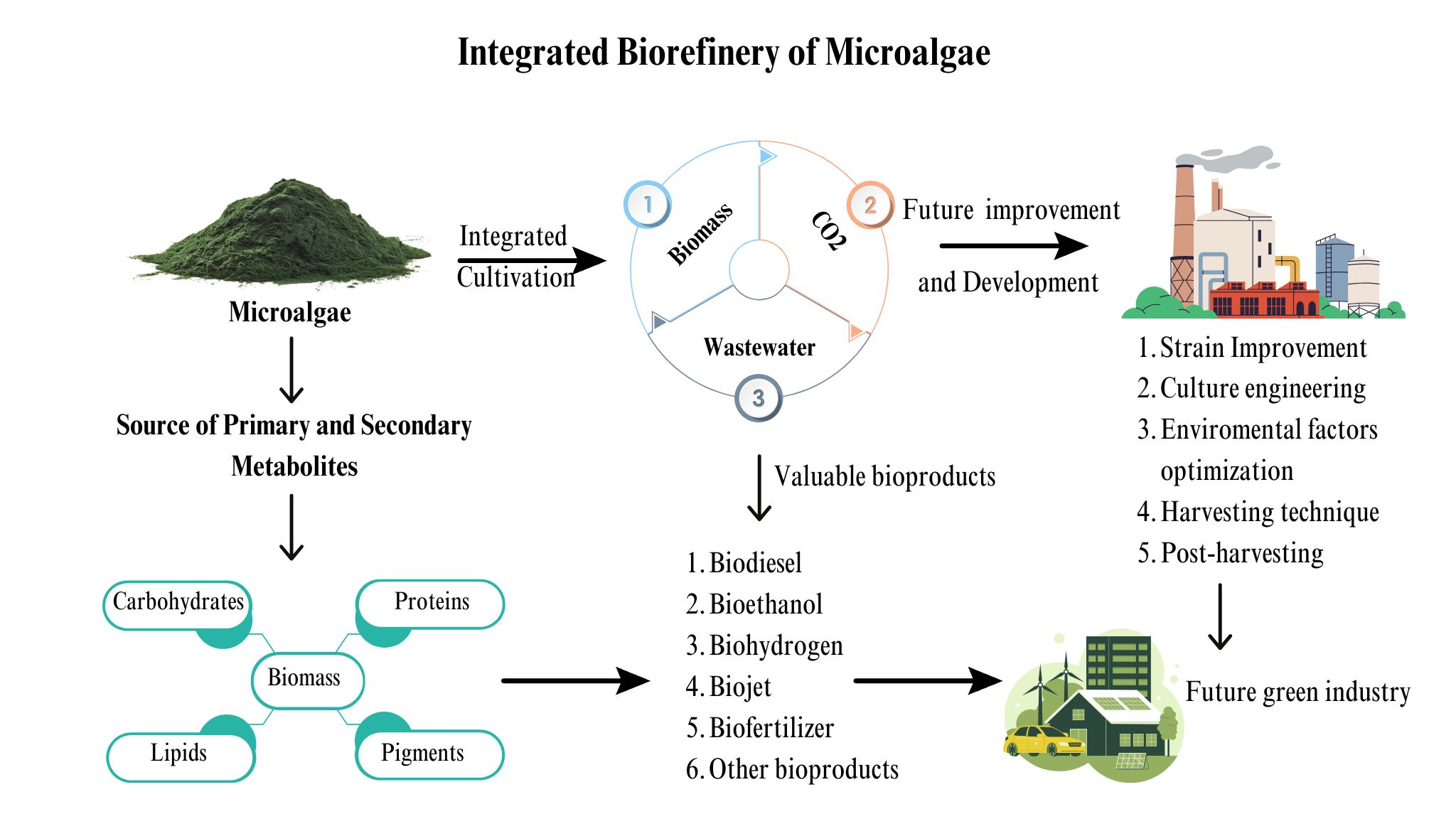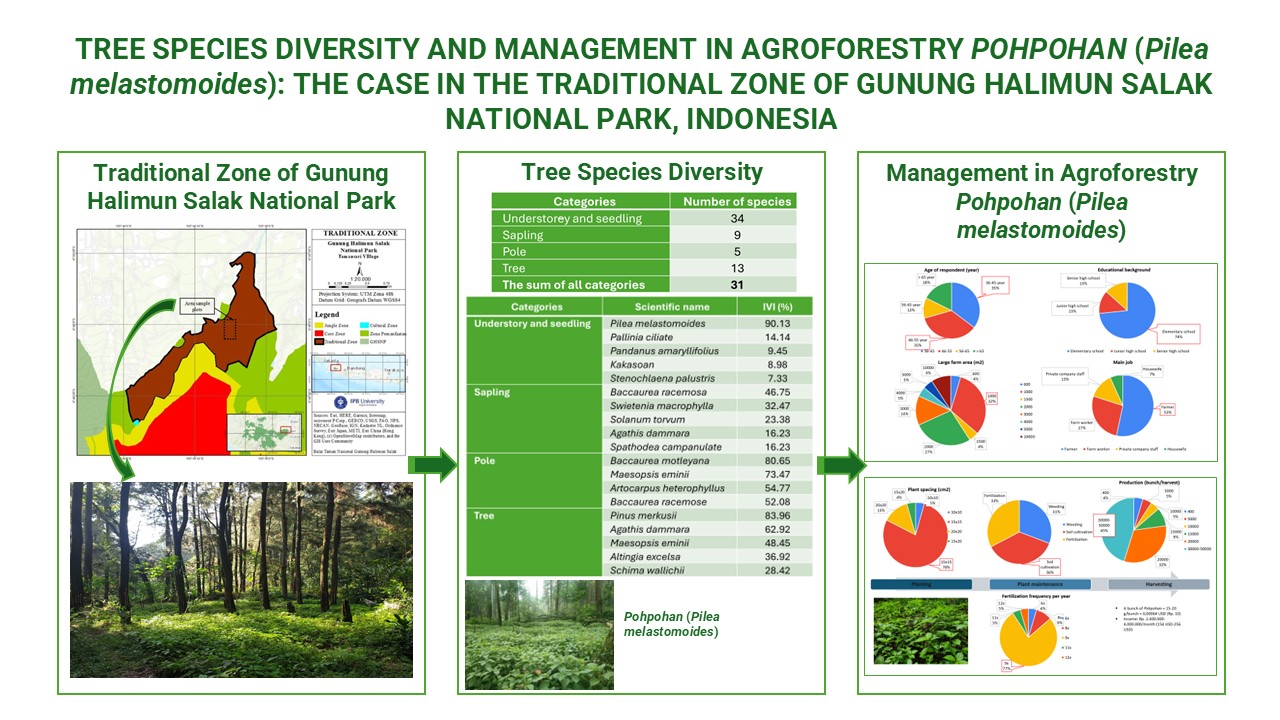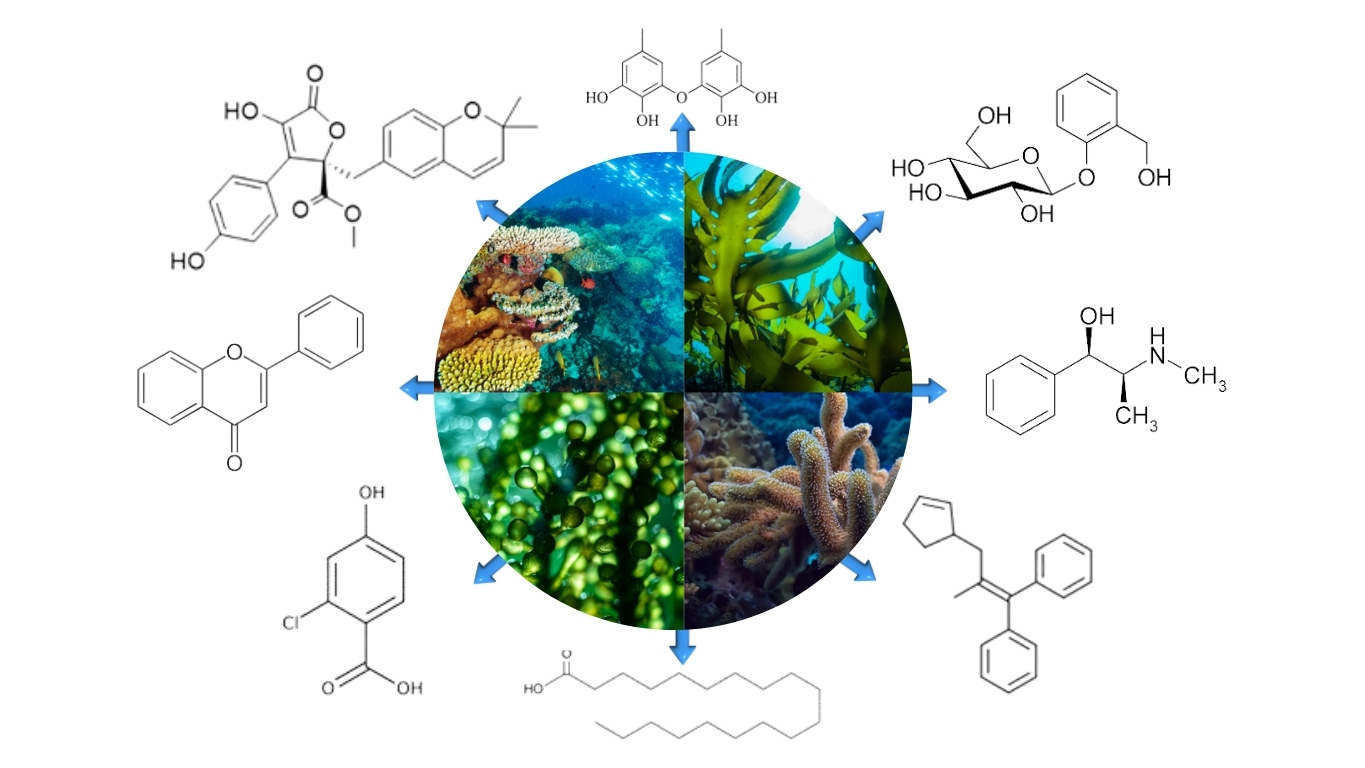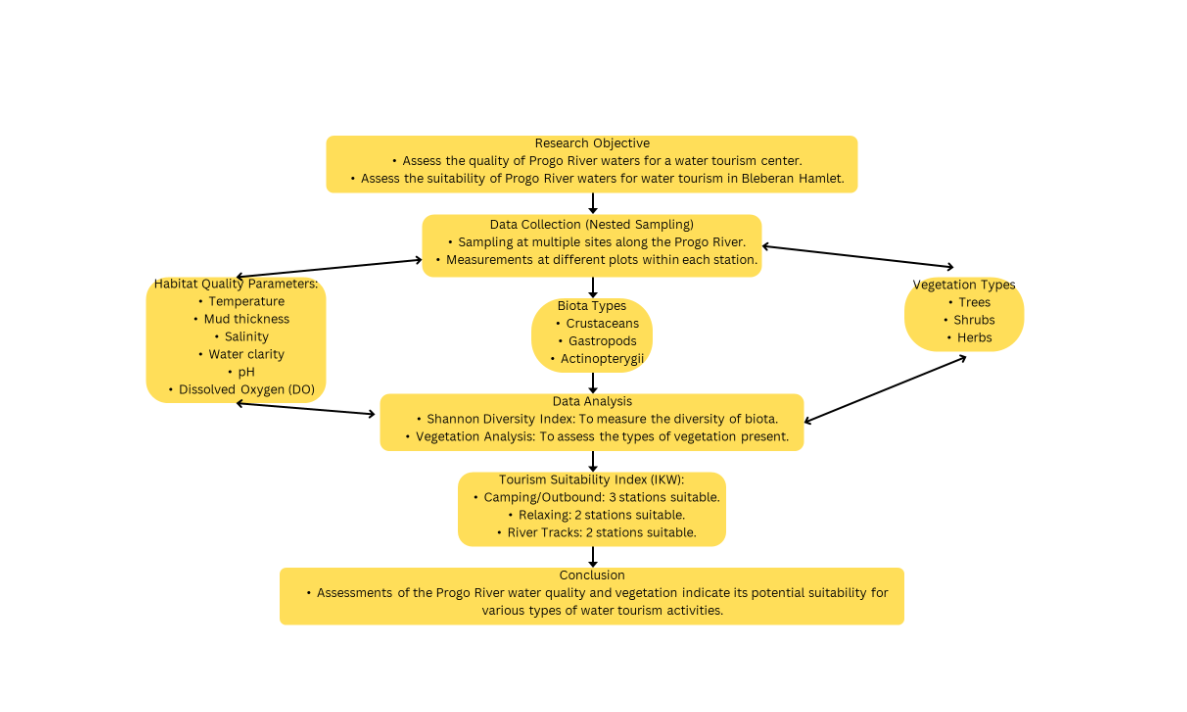MEDICINAL HERBS OF PASIR MAYANG, JAMBI: ETHNOPHARMACY AND TOXICITY SCREENING
No. 22 (2004)
Research Paper
November 17, 2011
Downloads
Pasir Mayang, sub-District (Municipality) of VII Koto, District of Tebo, Jambi Province, Sumatera. The data collection was
based on interviews with the healers and other villagers of Pasir Mayang who possess knowledge of the different plants
and their medicinal uses. The study recorded 57 species of medicinal plants used in Pasir Mayang. The detailed uses of the 57
medicinal plants are given. All plant species were subjected to phytochemical analysis and toxicity tests, and the outcome
of the analysis on the presence of alkaloids, saponins, steroids/terpenoids, and the level of toxicity against brine shrimp
(Anemia salina) are presented. A comparison with other studies reported in the literature seems to indicate that a high
frequency of the use of leaves in therapy may be a part of a larger cultural phenomenon among the tropical forest tribes
of Southeast Asia.
Keywords : Indonesia/Jarabi/Pasir Mayang/medicinal plants/ethuophannacy/toxicity screening
AFFANDI, H., NURYADIN, A., & PRAYOGO, S. B. (2011). MEDICINAL HERBS OF PASIR MAYANG, JAMBI: ETHNOPHARMACY AND TOXICITY SCREENING. BIOTROPIA, (22). https://doi.org/10.11598/btb.2004.0.22.203
Downloads
Download data is not yet available.
Authors who publish with this journal agree with the following terms:
- Authors retain copyright and grant the journal right of first publication, with the work 1 year after publication simultaneously licensed under a Creative Commons attribution-noncommerical-noderivates 4.0 International License that allows others to share, copy and redistribute the work in any medium or format, but only where the use is for non-commercial purposes and an acknowledgement of the work's authorship and initial publication in this journal is mentioned.
- Authors are able to enter into separate, additional contractual arrangements for the non-exclusive distribution of the journal's published version of the work (e.g., post it to an institutional repository or publish it in a book), with an acknowledgement of its initial publication in this journal.
- Authors are permitted and encouraged to post their work online (e.g., in institutional repositories or on their website) prior to and during the submission process, as it can lead to productive exchanges, as well as earlier and greater citation of published work (See The Effect of Open Access).









